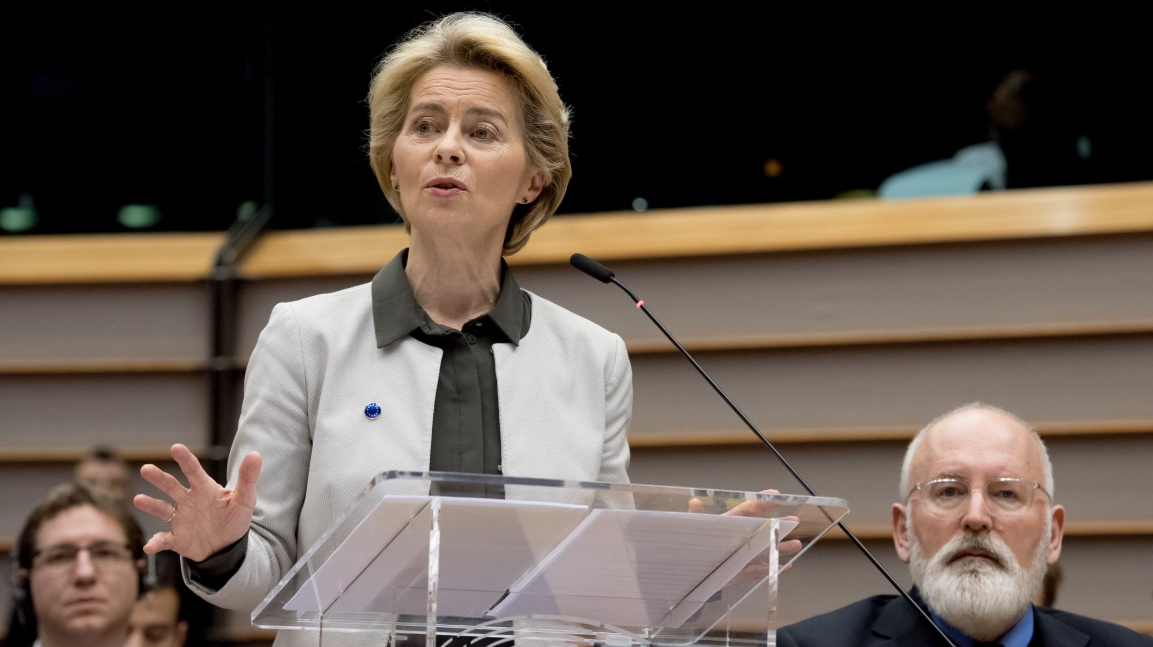Amid trade dispute, Biden and EU's von der Leyen eye EV deal, talks on subsidies
A second official said the trade negotiation would be focused on critical minerals for electric vehicle batteries and battery supply chains: "We would expect that this is a negotiation that is limited in scope and relevant to the critical minerals that speak to those needs." Biden's IRA, a $430 billion law that offers massive subsidies for U.S.-made products and is aimed at addressing the climate crisis and promoting renewable energy, has prompted European anger.

- Country:
- United States
Amid trade frictions, President Joe Biden and European Commission President Ursula von der Leyen held talks on Friday that may lead to negotiations on critical minerals used for electric vehicles and government subsidies, U.S. officials said. Biden and von der Leyen met at the White House against a backdrop of European complaints that clean energy subsidies in the U.S. Inflation Reduction Act (IRA) and others will divert investment away from Europe and hurt their economies. The war in Ukraine was also a major agenda item.
Speaking in the Oval Office at the start of the meeting, both Biden and von der Leyen underlined the strength of their partnership, and the unified support for Ukraine and efforts to hold Russia accountable for its invasion. "We are not only partners, the European Union and the United States are good friends," von der Leyen said, highlighting U.S. support for Europe in finding alternate energy supplies so EU members could reduce their dependence on Russian supplies.
She welcomed planned U.S. investments in new and clean technologies, and said there were "plenty of topics" to discuss since Europe was also planning similar investments. White House national security spokesman John Kirby said the Biden administration hoped the two leaders would agree to start negotiations on a critical minerals agreement for electric vehicle batteries and set a deadline for finalizing a global arrangement on sustainable steel and aluminum production.
"We do hope to be able to come out of this meeting able to launch the negotiations on critical minerals ... as well as the dialogue on subsidy transparency," he told reporters, adding that transatlantic trade and the IRA law would be a "prime part" of the discussions. A second official said the trade negotiation would be focused on critical minerals for electric vehicle batteries and battery supply chains: "We would expect that this is a negotiation that is limited in scope and relevant to the critical minerals that speak to those needs."
Biden's IRA, a $430 billion law that offers massive subsidies for U.S.-made products and is aimed at addressing the climate crisis and promoting renewable energy, has prompted European anger. EU officials say allies should stick together and form a common front against bigger threats from China. The official said the dialogue on subsidies would be aimed at making sure the United States and Europe are not working at cross purposes.
Jake Colvin, president of the National Foreign Trade Council, a corporate lobby group, urged the White House to raise U.S. industry concerns on what he called a "discriminatory digital sovereignty agenda" aimed at undermining U.S. companies. “A level transatlantic playing field is critical but that has to go both ways, he said. "The White House needs to step up and underscore the need for American companies to be regulated in the same manner as their European counterparts when operating on the other side of the Atlantic."
During a December visit by France's President Emmanuel Macron to the White House, Biden said that bills aimed at boosting U.S. renewable energy and the semiconductor industry have "glitches" that can be addressed. The European Commission last month presented its Green Deal Industrial Plan in response to the U.S. measure, with increased levels of state aid to help Europe compete as a manufacturing hub for clean tech products.
The two leaders will also discuss ways to strengthen cooperation on imposing sanctions on "third party actors" who are violating sanctions on Russia over the Ukraine war, the officials said. (Reporting By Steve Holland; additional reporting by Andrea Shalal and Doina Chiacu, Editing by Cynthia Osterman and Deepa Babington)
(This story has not been edited by Devdiscourse staff and is auto-generated from a syndicated feed.)










